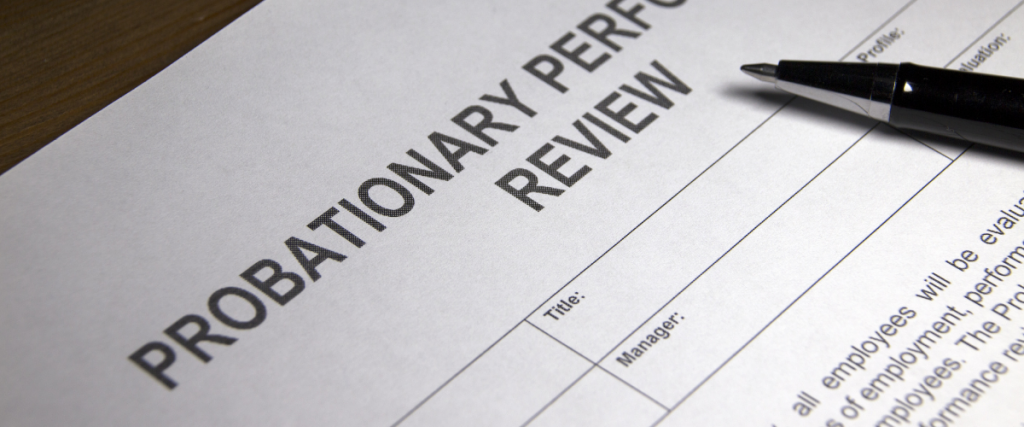
Putting time limits on the length of time an employer can put a worker on probation is to be considered by government, according to Tánaiste and Minister for Enterprise Trade and Employment, Leo Varadkar.
He has also confirmed that he wants to ensure more reasonable periods of notice are given to employees when their work is unpredictable in nature.
As part of the review, the minister is seeking views on new rights to improve terms and conditions for workers.
An EU Directive on transparent and predictable working conditions will be transposed into Irish law by August 2022. It will give workers the right to:
- More complete information on the essential aspects of the work, which is to be received early by the worker, in writing
- A limit to the length of probationary periods at the beginning of a job
- Seek additional employment, with a ban on exclusivity clauses and limits on incompatibility clauses
- Know in a reasonable period in advance when work will take place – i.e. for workers with very unpredictable working schedules, as in the case of on-demand work
- To request to be transferred to a form of employment with more predictable and secure working conditions where available and receive a reasoned written reply
- To receive mandatory training, cost-free, that is required to carry out the work for which he or she is employed.
In a statement about the review of working conditions, the Tánaiste said he wants one of the legacies of the pandemic to create better terms and conditions for workers.
“That is why we are introducing a new mandatory sick pay scheme, new rights around requesting remote working and the right to disconnect, for example. Much of what is required under this Directive has already been implemented, such as the restriction on zero-hour contracts, and we are now moving to implement the remaining provisions,” he said.
“We will be considering putting limits on the length of time an employer can put a worker on probation and ensuring workers get the training they need to do their job. We will also be ensuring more reasonable periods of notice are given when work is unpredictable in nature. I look forward to considering all views received. I also want to make sure that any changes won’t damage job creation or create unrealistic or onerous obligations on employers,” he added.
A statement from the department states that the Employment (Miscellaneous Provisions) Act 2018 has pre-empted many aspects of the EU Directive, such as already legislating for the introduction of anti-penalisation provisions, stronger penalties for non-compliance, restriction of zero hours contracts and provision of more precise information on hours of work and other core terms of employment to employees at an earlier stage in the employment relationship.
However the new EU law goes further than what is set out in current Irish law, which is why the government must move to bring the other provisions on to the statute books by next year.
The deadline for submissions is 3pm on Monday 25 October, 2021.